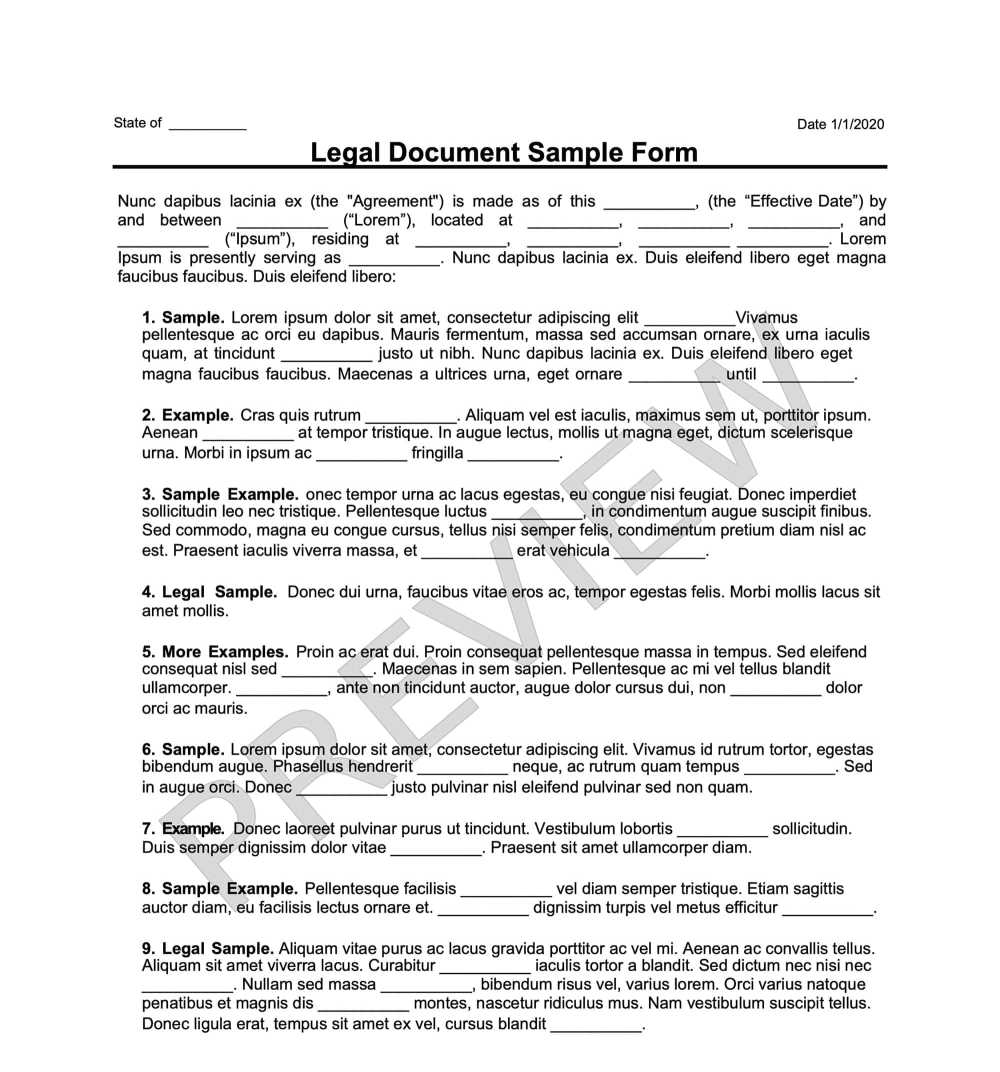Agreement Termination
An Agreement Termination establishes two or more parties agree to terminate a contract they signed prior to its expiration date.


Frequently Asked Questions
Both documents are executed to protect the parties signing the contract. However, a Mutual Rescission and Release Agreement prevents either party from suing the other in the future. In a nutshell, it offers more protection.
Some Agreement Termination may contain a cooling-off period which allows you to back out of the contract even after signing it. However, not all states allow this, so make sure to check the laws.
An Agreement Termination becomes valid when the signing parties decide on the effective date. It has to be before the expiration date of the previously signed contract.
The obligations you have towards the other party will be specified in an Agreement Termination. That said, the contract will also contain their obligations towards your business. For that, make sure you read the document carefully before signing it. You must understand the duties stated by the document. If you have questions about the legal terms, conditions of an Agreement Termination, or anything else, make sure you seek legal help.
There may be a number of reasons businesses decide to sign an Agreement Termination. In general, they do this to protect their interests. Sometimes, the contract they’ve previously signed doesn’t fit with their business ideas anymore. Maybe they are dissatisfied with each other’s services, or they’ve found another prospective business partner.
Moreover, a party may have breached the previously signed contract. Finally, weather conditions or any other unforeseeable circumstances may have led to the bankruptcy of one of the parties, which is why they can’t fulfill their duties any longer.




